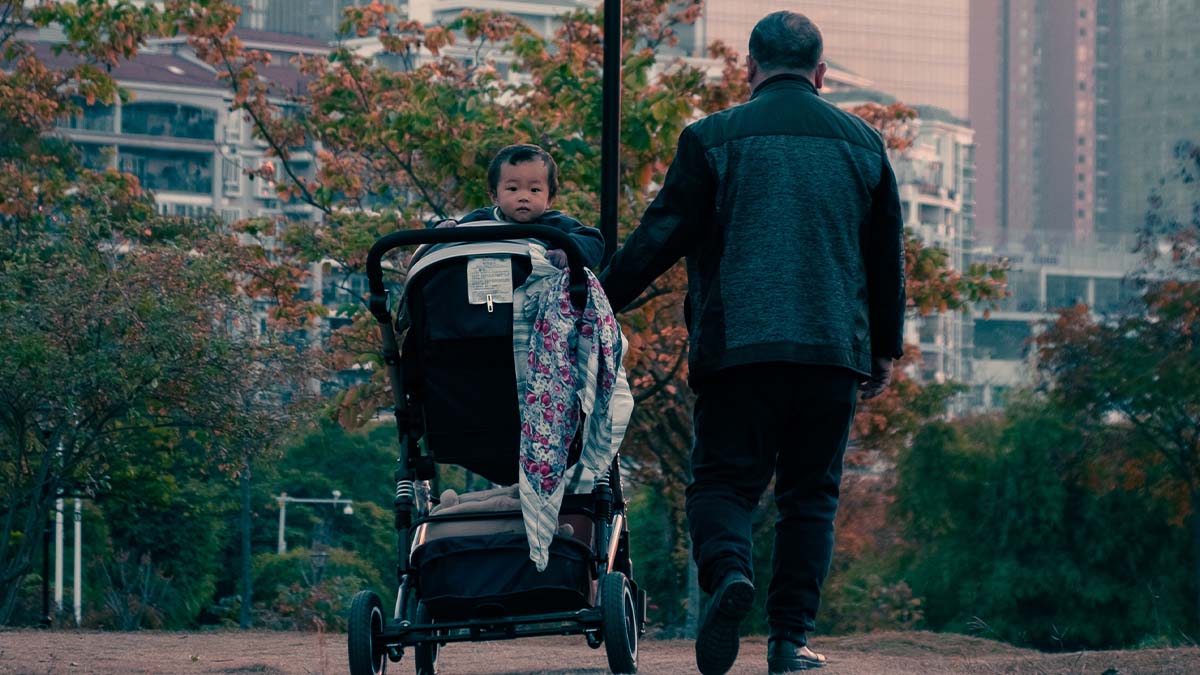


After more than 35 years of various versions of its “the one-child policy,” which experts estimate cost the country between 200 and 400 million lives, China is attempting an about-face.
Back in 2015, the government “officially” ended the one-child policy by allowing couples to have up to two children in some circumstances. Then, In May of this year, the controlled number was increased to three. Now, as of September, Chinese leaders have officially started discouraging “non-medical” abortions.
To be clear, abortion is wrong. Preborn lives are human lives – and they’re always worth protecting. However, the Chinese ruling elite has had no such moral awakening.
Instead, this is about China’s looming demographic crisis. The 2020 census revealed that China’s fertility rate is the lowest since they began tracking it in the 1950s. An aging population means fewer workers and more retirees. Decades of sex-selective abortions mean China is facing a disproportionate shortage of young women. The question now is whether the country has entered an irreversible population decline.
It’s a serious crisis – but it’s one that the Chinese Communist Party created. In the late 1970s, reacting to fears of overpopulation and its impact on the state-planned economy, China went to extreme – often Orwellian – lengths to limit the number of children each woman could have. Now Chinese officials need to increase the fertility rate by any means necessary, or face the real possibility of economic disaster.
This kind of policy whiplash creates its own cruel ironies. One is that a state which has forced hundreds of millions of abortions is now advising women about its negative health impacts. Chinese state media is now describing abortion as “very harmful” and argues it could cause “serious psychological disorders” for unmarried women. Given how recently the state was forcing Chinese women into abortions, it’s hard to think the state’s concern is genuine.
The overall human cost of these policies has been tremendous. One Chinese mother told of having to choose between aborting her second child and paying a fine of 200,000 yuan (or, $31,250 USD). She and her husband couldn’t raise the money, and their preborn child was aborted. Two months later, Beijing rescinded the one-child Policy. Their baby would have been born the following Spring.
These tragic ironies extend to China’s Uyghur Muslim population also. A core element of China’s genocide of this ethnic group is the practices of forced abortion and sterilization. Even as China seeks to boost fertility in some regions, there is little hope that forced abortions among Uyghur Muslim women will be stopped.
The Chinese vision of a disposable population runs deep. In 1957, Chinese dictator Mao Zedong was asked whether he feared a nuclear attack on his country. “What if they killed 300 million of us?” he replied. “We would still have many people left.”
China’s current leader, who sees himself in Chairman Mao’s image, might answer that question differently today, but the worldview underlying his answer would be the same. One commentator on Weibo, China’s equivalent of Twitter, put it this way: “The female body has become a tool. When (the state) wants you to bear a child, you must do it at all cost. When (the state) doesn’t want it, you’re not allowed to give birth even at the risk of death.”
It’s not just the female body that’s seen this way in China. Every single person is reduced to a tool of the state. Within such a system, there is neither respect for human life nor for the autonomy of Chinese women. In June, my colleague Roberto Rivera and I wondered if forced procreation might be China’s logical next step. That doesn’t seem even as far-fetched today as it did not when we said it.
The bottom line is that no matter what the Chinese Communist Party does, whatever policies they enact, people are people. They aren’t a means to an end that is the state; they are the end, and the state should be thought of as the means for enabling their flourishing. That goes for unborn children, mothers, Uyghurs, and everyone. Human lives should never be contingent on the whims of the state. It is the purpose of a truly just government to protect people’s God-given rights.
America’s founders, for all their flaws, enshrined this principle into law. They believed that people weren’t products of the state but were endowed with “inalienable rights” by their Creator, rights that pre-existed the state. Of course, that should make Westerners ask whether we’re living up to that belief. China might be sacrificing – or saving – preborn children for the good of the state, but we often do the same thing on the altar of individual preference.
Though China’s attempt to restrict abortion does save lives, it does so for all the wrong reasons. A worldview that elevates the state’s role at all costs will inevitably bulldoze sound economic principles, the sanctity of life, and the fundamental rights of people again and again. The inevitable outcome, no matter which direction the policy pendulum swings, is that the abuses will continue.
Resources:
Is China’s Next Leap Forced Procreation?
John Stonestreet & Roberto Rivera | BreakPoint | June 29, 2021
Mao Survivor Speaks to Virginia School Board – China’s Child Policy to Likely Force Childbearing
John Stonestreet & Maria Baer | BreakPoint This Week | June 12, 2021
China: Business as Usual No More
Stan Guthrie | BreakPoint Articles | February 18, 2021
China Realizes—Maybe Too Late—That Vital Societies Need Babies
John Stonestreet & Roberto Rivera | The Point | December 7, 2020















